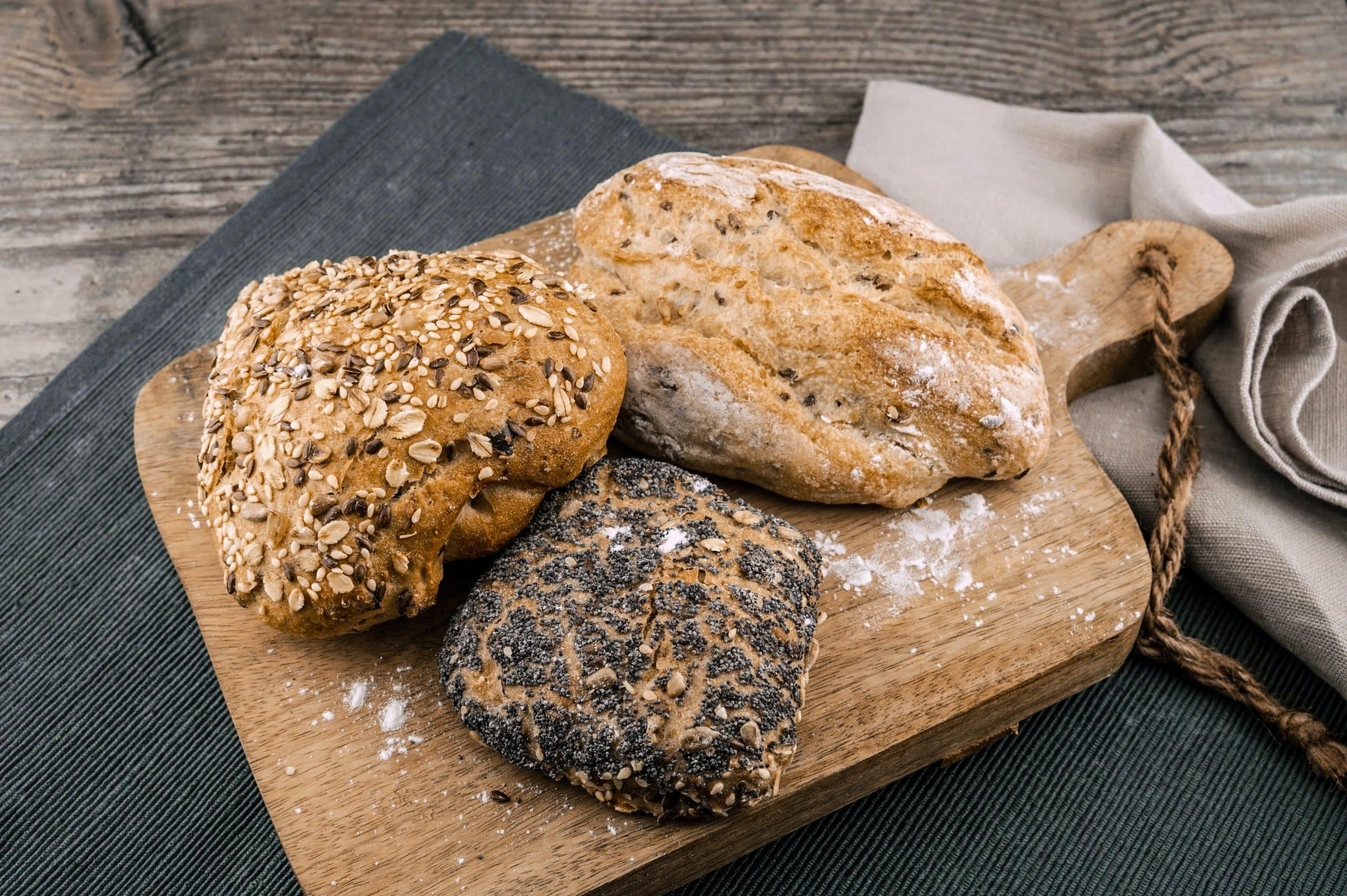
What are grains? They are seeds designed for plant reproduction. They are also an integral part of a healthy diet and help you maintain good health. There are downsides to consuming grains. They may create health conditions ranging from mild to serious. One issue occurs because seeds have protection to ensure the species survives. It starts with the seed coat, which is strong enough to resist digestion. Not only does each person react differently to grains, but some also have problems with one grain and not others. Celiac disease, for instance, occurs when sensitive people eat grain that contains gluten, like wheat.
Enzyme inhibitors in seeds protect them.
When consumed, seeds pass through the digestive tract and are expelled whole in the waste, often miles from the parent plant. The new location gives it space, and the fecal material provides fertilizer. Other factors that ensure the survival of the seed and plant can cause health issues in humans. Even when seeds have their own space and fertilizer, it doesn’t mean conditions perfect. It may be too hot, cold, wet, or dry. Enzyme inhibitors in the seeds prevent the seed from sprouting where it’s doomed to fail. That same enzyme inhibitor can affect the enzymes in the body that are necessary to digest food, creating stomach issues.
The lectins in grains are natural pesticides that protect the seed and sprouting plant.
Seeds are almost magical. They contain everything necessary for survival, including pesticides. The pesticide is the lectin in the seed. It’s a pesticide, so it’s only logical that consuming large amounts can cause digestive issues in humans. Grains contain complex carbohydrates and proteins, which are harder to digest. Wheat, for instance, contains gluten, a complex protein. Gluten intolerance has grown dramatically in the last 50 years since hybridization increased the amount of gluten in grain.
Grains contain an anti-nutrient.
Phytic acid is the anti-nutrient contained in grain. It’s how plants store phosphorous. Phytic acids prevent phosphorous, magnesium, zinc, calcium, and iron from breaking down and absorbing. It attaches to those minerals so they aren’t available to the body. One way to reduce the phytic acid in grains is to soak the grain, ferment it, or sprout it. It was how grain was prepared for use in the past. It eliminated both the phytic acid and the enzyme inhibitors.
- Eating whole grains can help prevent heart disease, diabetes, stroke, and chronic inflammation. Including sourdough bread, which is fermented, sprouted bread, or bread made with soaked flour. Avoid bread made with highly processed and bleached flour.
- Why choose whole grains? Processed flour is stripped of nutrients. The milling process removes the bran and germ containing the fiber and nutrients. It leaves only the endosperm that is starchy and high in calories.
- If you have digestive issues caused by grains, identify which grains cause the problem. Pseudo-grains and brown rice flour might be good alternatives.
- If you go grain-free it can lead to an increased risk of diabetes, heart disease, and lead to constipation, and nutritional deficiencies. It can cause inflammation, weight gain, and affect immunity.
For more information, contact us today at Body Sculptors Personal Training
